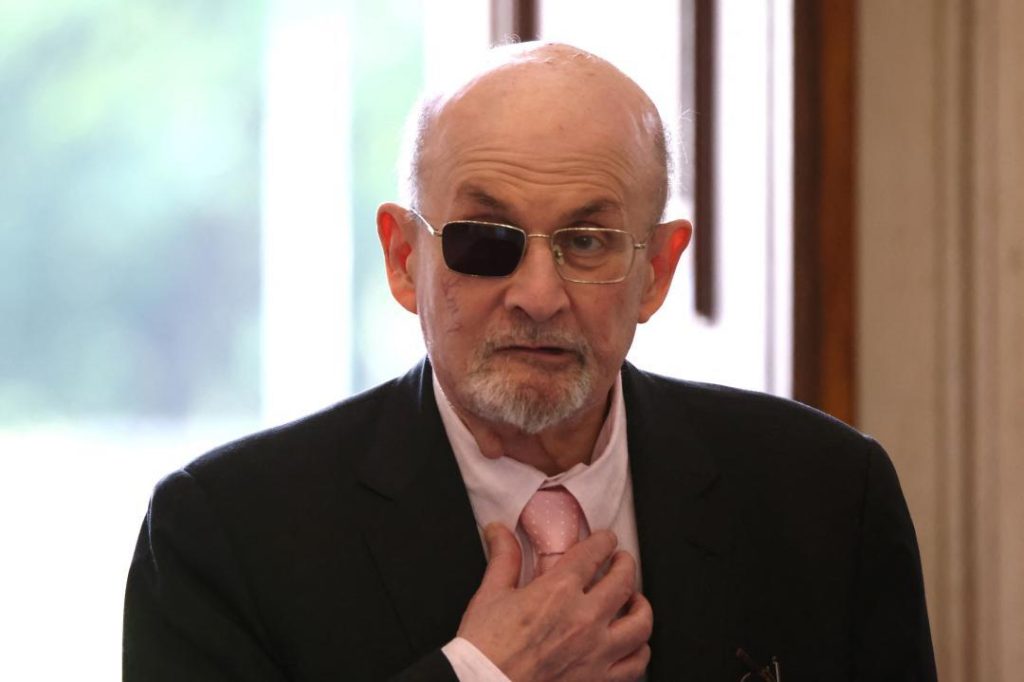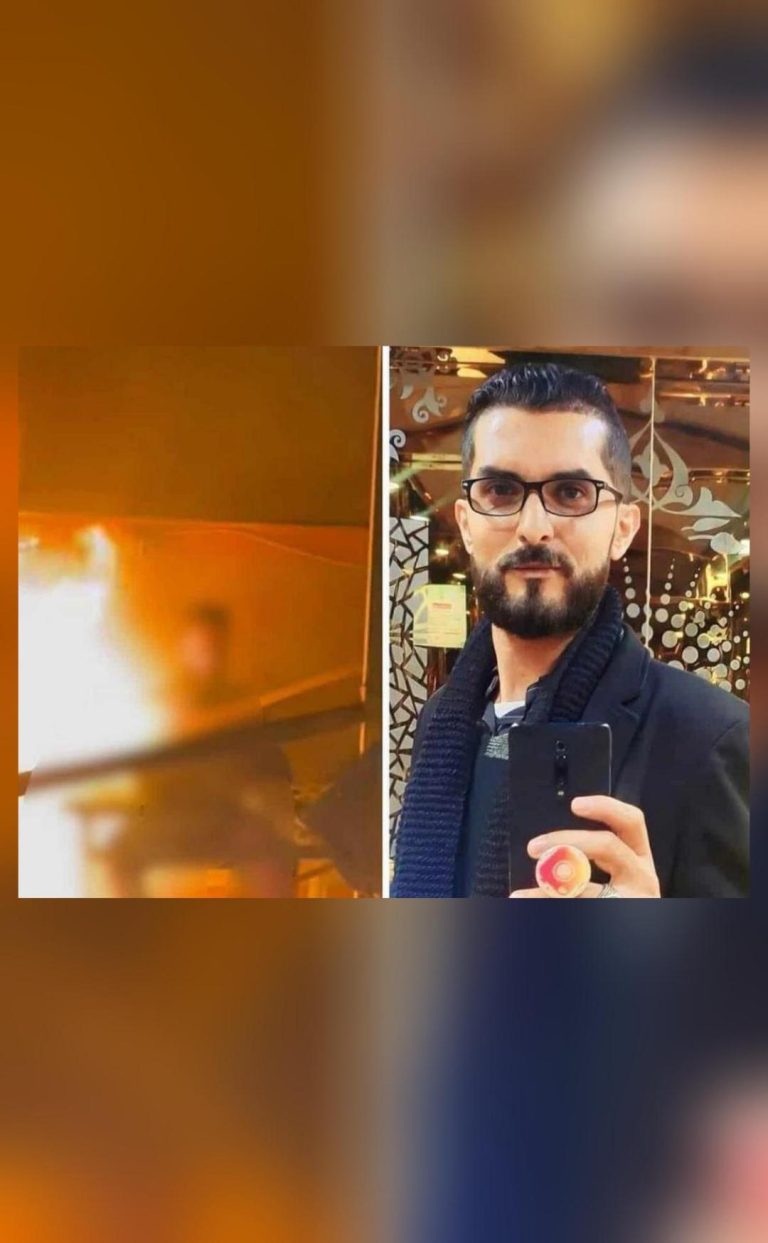
It Occurred to Me That I Was Dying: Salman Rushdie on 2022 Attack
Salman Rushdie, the renowned author of novels such as “Midnight’s Children” and “The Satanic Verses”, has spoken out about the violent attack he suffered in August 2022. During a trial in New York, Rushdie testified about the harrowing experience, revealing the severity of his injuries and the emotional impact it had on him.
On August 12, 2022, Rushdie was stabbed multiple times by Hadi Matar, a 24-year-old man who allegedly carried out the attack at a literary event in Chautauqua, New York. The author suffered ten stab wounds, with one blade piercing his neck, causing a deep gash that required metal staples to hold together.
In a chilling account, Rushdie recounted the moment the attack occurred, stating, “It occurred to me that I was dying.” He vividly described the pain and chaos that ensued as he lay on the ground, bleeding profusely. The author’s words paint a stark picture of the trauma he experienced that day.
“I was in a state of shock,” Rushdie said. “I didn’t know what was happening. I didn’t know how many times I’d been stabbed. I didn’t know if I was going to die.” He went on to describe the scene, saying, “The gash [in my neck] was so deep, it had to be held together with metal staples.”
The attack was a shocking reminder of the ongoing controversy surrounding Rushdie’s work. His novel “The Satanic Verses” sparked outrage in the Muslim world due to its depiction of the Prophet Muhammad, leading to a fatwa calling for his death issued by Ayatollah Khomeini in 1989. The author has since lived under various forms of protection, including a police detail that accompanied him to public events.
Matar, the man accused of carrying out the attack, has pleaded not guilty to charges of attempted murder and assault. During the trial, prosecutors presented evidence, including video footage and eyewitness testimony, to support their case.
Rushdie’s testimony has shed light on the severity of his injuries and the lasting impact the attack has had on him. Despite the trauma, the author has shown remarkable resilience, returning to his writing and public speaking engagements.
The attack has also raised concerns about the increasing threat of violence and the growing polarization of society. As Rushdie’s case demonstrates, the consequences of hate speech and intolerance can be devastating, leading to harm and loss of life.
In the face of such adversity, Rushdie’s courage and determination serve as a beacon of hope. The author’s testimony serves as a reminder of the importance of free speech, artistic expression, and the power of literature to touch hearts and minds.
As the trial continues, the world watches with bated breath, hoping for justice to be served. In the meantime, Rushdie’s words offer a poignant reminder of the human cost of violence and the importance of standing up against hate and intolerance.
Source:






